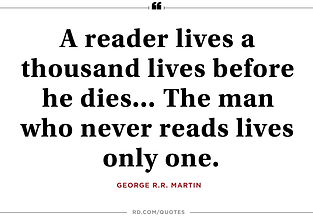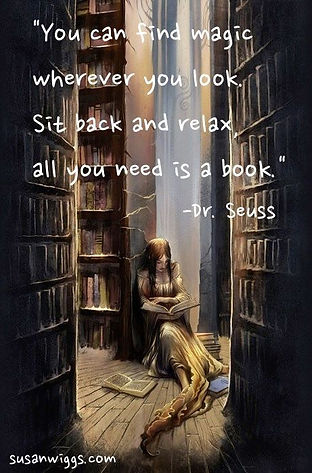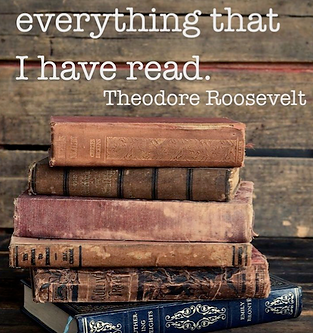
Everyone knows that reading is important, but have you ever asked yourself why that is so? This article will tell you specifically the reasons of reading. Reading here means literature reading. Now I want to analyze the significant meaning of it from the following two aspects: language learning and personal development.
On one hand, reading is essential for language learning.
As Bushman and Haas (2006) put that the four domains of language-reading, writing, listening and speaking are interrelated and should be taught as an integration process. Literature reading is a very good supporter or format to naturally integrate these elements together in classroom. Harste (1990) mentions that “Language is learned through use rather than through practice exercises. Children need to be give opportunities to make language their won by marking connections with their lives and background.” What Harste emphasizes is that language is learned through application. Literature is a good vehicle integrated the four domains of language in application. Besides, as a receptive process, reading is beneficial for productive process (writing and speaking) of language learning with plenty of new words, expressions, structures, ideas and so on.
On the other hand, reading is meaningful to personal development.
As Charles W. Elio says that “Books are the quietest and most constant of friends; they are the most accessible and wisest of counselors, and the most patient of teachers.” Reading a book opens a new world before readers. Reading exposes readers to the unknown, imaginary world, which broadens the horizon of readers, improve their understanding of the world, inspire new ideas and motivate actions with preparation of psychology and knowledge. In Literature for Today’s Young Adults (2012), when talking about what literature can do, the authors points “It serve as a discussion topic and a way to relieve embarrassment by enabling people to talk in the third person about problems with which they are concerned. It can give young readers confidence that should they meet particular problems, they will be able to solve them. It can comfort and reassure young adult readers by showing them that they are not the only ones who have fears and doubts.” In addition, as Probst believes that literature is an invitation into dialogue. A dialogue starts with a comfortable setting and proceeds with ideas and talking techniques. Real conversation requires that participants have ideas. That’s exactly what reading or literature could give. From this perspective, reading is a facilitator of communicating.
All in all, there’s so many reasons telling us that reading is fundamental. Going back to the question: Should I read? The answer is definitely and apparently “yes”!

Why Should I read?






